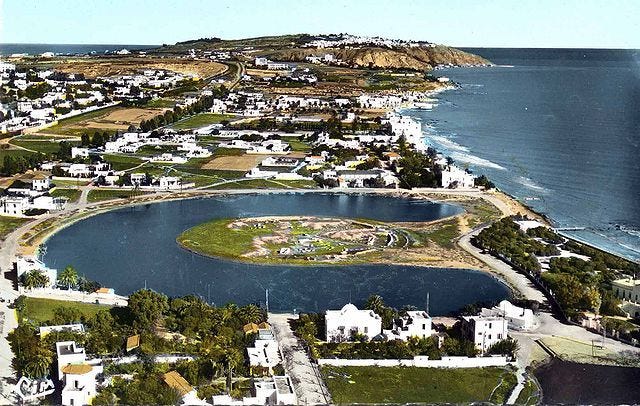📰 Carthaginian Connections
An overview of cultures Carthage interacted with
Carthage is most often thought of in the context of Rome; "Carthage must be destroyed!" Part of the reason for this is that Rome really did manage to destroy Carthage, and survivorship bias is what it is: we don't have a ton of records from Carthage, so we don't know a lot about it.
But Carthage's conflicts & connections with its neighbors across the-sea predate Rome by a fair margin.
Carthage & Assyria
The oldest record of siege engines comes from the Assyrians, and Carthage learned about it from their eastern territories, which used to belong to Assyria. So Carthage is actually responsible for most siege warfare in the ancient Mediterranean.
That said, polities were usually conquered by internal betrayal due to class warfare, not effective sieges. What would often happen is that armies would ravage the countryside, which was effective at starving a city and forcing them to fight. Most members of a polity were farmers who lived beyond the city walls, not necessarily city-dwellers.
Carthage & the Greeks
This is just one example, but both Carthage and the Greeks maintained colonies in Sicily, and tensions between the two groups were really high. Greek writers at the time were prone to calling the Carthaginians all sorts of nasty names for doing things during the war that, quite frankly, the Greeks themselves were known to do.
Tyrants of Syracuse by Jeff Champion is mostly focused on, well, the strongmen leaders who controlled the Sicilian city of Syracuse, but Syracuse itself was caught in the middle of battles between Athens, Sparta, Carthage, Epirus and Rome.
The Battle of Himera in 480 BCE crippled Carthaginian power in Sicily for decades, but the mass graves from the battle weren't discovered until about 15 years ago.
Carthage & the Levant
People are prone to separating out Punic history, Carthaginian history, Phoenician history, and Caananite history in a way that is probably not terribly authentic to the realities of how the culture and politics of this group of people are interconnected through time. I discuss this further in my article about ancient identities, but if we're comfortable calling Cleopatra "Egyptian" and Byzantium the "Eastern Roman Empire," then, the mere fact that Carthage overtook Tyre and the other Phoenician city-states in terms of prestige doesn't mean that it wasn't a natural continuation of their leadership.


